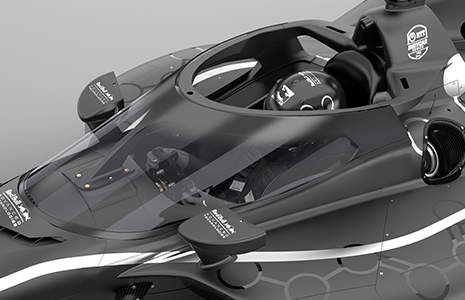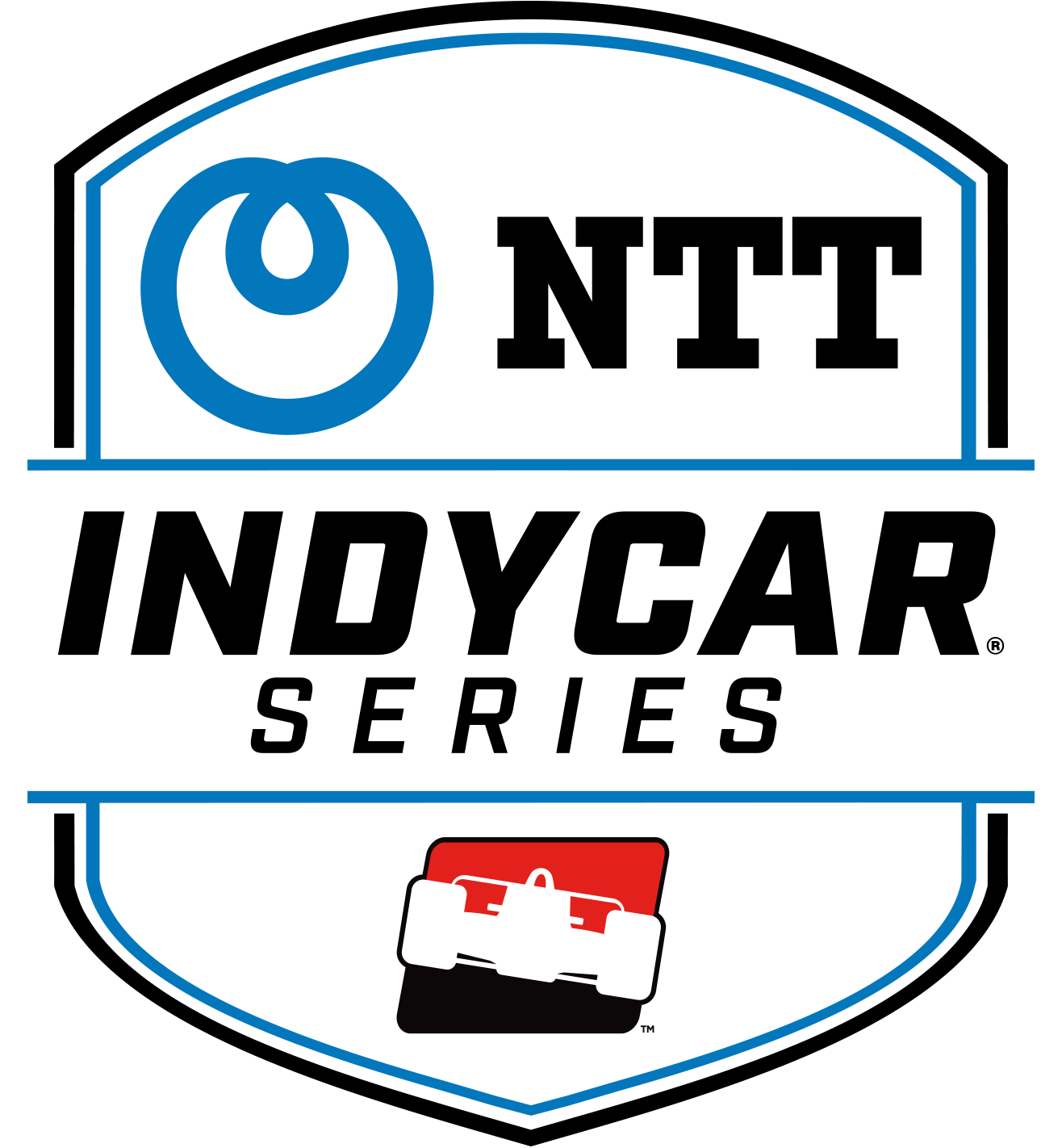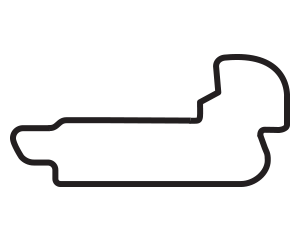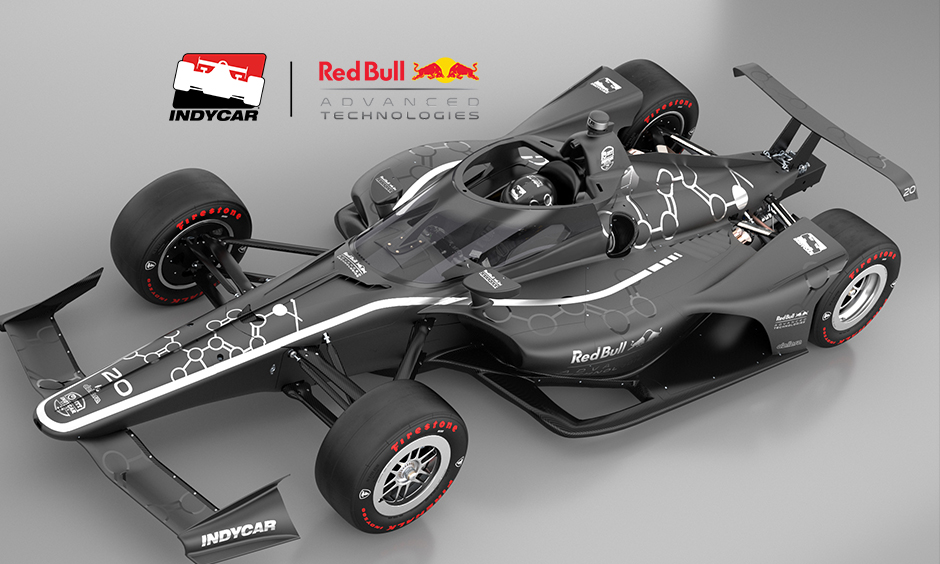INDYCAR announces plan for cockpit protection innovation
MAY 24, 2019
INDYCAR has formed a partnership with Red Bull Advanced Technologies to design an Aeroscreen for enhanced driver cockpit protection that will be implemented for the outset of the 2020 NTT IndyCar Series season, the two organizations announced in a joint news conference at Indianapolis Motor Speedway.
The Aeroscreen is being developed by Red Bull Advanced Technologies to reduce the risk of driver injury from debris or other objects striking the cockpit area. The driver safety innovation that will encompass the cockpit consists of a ballistic Aeroscreen anchored by titanium framework.
“Since the first prototypes were developed and demonstrated in 2016, the potential of Aeroscreen to improve the safety for drivers in the event of frontal impacts in the cockpit area of cars has been clear,” said Christian Horner, Red Bull Advanced Technologies CEO and Red Bull Racing team principal. “This new partnership with INDYCAR gives us at Red Bull Advanced Technologies the go-ahead to fully explore that potential, and to deliver a protection system that will help prevent serious injuries and potentially save lives in the U.S.’ premier single-seater series. Over the coming months, we’ll be working closely with INDYCAR and its drivers to refine and perfect Aeroscreen, and we’re looking forward to seeing the results race in 2020.”
 The Red Bull Advanced Technologies Aeroscreen is the second phase of INDYCAR’s objective to further enhance driver safety in the open-cockpit race cars. INDYCAR debuted the Advanced Frontal Protection (AFP) device for the INDYCAR Grand Prix that was held May 10-11 at the Indianapolis Motor Speedway road course. The AFP is designed to help deflect debris away from the cockpit area and the driver.
The Red Bull Advanced Technologies Aeroscreen is the second phase of INDYCAR’s objective to further enhance driver safety in the open-cockpit race cars. INDYCAR debuted the Advanced Frontal Protection (AFP) device for the INDYCAR Grand Prix that was held May 10-11 at the Indianapolis Motor Speedway road course. The AFP is designed to help deflect debris away from the cockpit area and the driver.
“This collaborative effort on the Aeroscreen between Red Bull Advanced Technologies, Dallara and INDYCAR truly exhibits an unrelenting commitment and passion for enhancing driver safety,” INDYCAR President Jay Frye said. “We would like to thank everyone at Red Bull Advanced Technologies for creating a design that will be significant in the evolution of motorsports safety, not only for the NTT IndyCar Series but from a global perspective.”
The Red Bull Advanced Technologies design will consist of a polycarbonate laminated screen that includes an anti-reflective coating on the interior of the screen, an anti-fogging device through an integral heating element and possibly tear-offs, all of which will be produced by integrated third-party companies. Another feature for the drivers will be a cockpit cooling option that will be designed by Dallara, an INDYCAR official supplier, in conjunction with Red Bull Advanced Technologies.
The titanium framework will mount in three areas around the cockpit – the chassis centerline, two-rear side mounts and roll hoop integration – to provide enhanced load-bearing capabilities. The load bearing is expected to be 150 kilonewtons (kN), which would equal the FIA load for the Halo design currently used in Formula One. A kilonewton is equal to approximately 225 pounds, which is a force of gravity rating, not static weight or mass. Force is equal to mass multiplied by acceleration.
Upon completion of the Aeroscreen design by Red Bull Advanced Technologies, INDYCAR is tentatively planning on-track testing by selected NTT IndyCar Series drivers this summer and the approved Aeroscreens delivered to all teams by the fall.
“INDYCAR has always been on the forefront of driver safety,” five-time and defending NTT IndyCar Series champion Scott Dixon of Chip Ganassi Racing said. “They are constantly looking and evaluating what needs to be done. It’s something they have done throughout history if you look back through the different eras since auto racing started over 100 years ago. The Aeroscreen is just the latest effort in continuing INDYCAR’s efforts to enhance driver safety.”
The AFP device, a 3-inch-tall titanium component manufactured by Dallara that is positioned in front of the cockpit along the chassis centerline, will be utilized by all teams for the remainder of the NTT IndyCar Series season, including Sunday’s 103rd Indianapolis 500 presented by Gainbridge.
Previously, INDYCAR had conducted extensive testing with a windscreen concept developed in conjunction with PPG Aerospace, including on-track sessions in 2018 at ISM Raceway in Phoenix and Indianapolis Motor Speedway. The drivers who tested the windscreen did not report any issues, but additional comprehensive testing at PPG’s facility in Huntsville, Alabama, revealed additional work was needed before any implementation.
INDYCAR was able to utilize the research and on-track testing from this project to provide additional data and information to Red Bull Advanced Technologies for the development of the current design.























